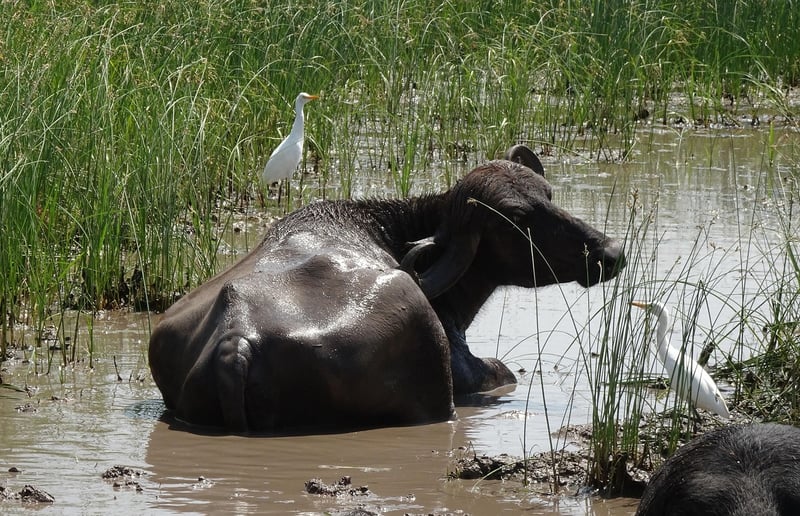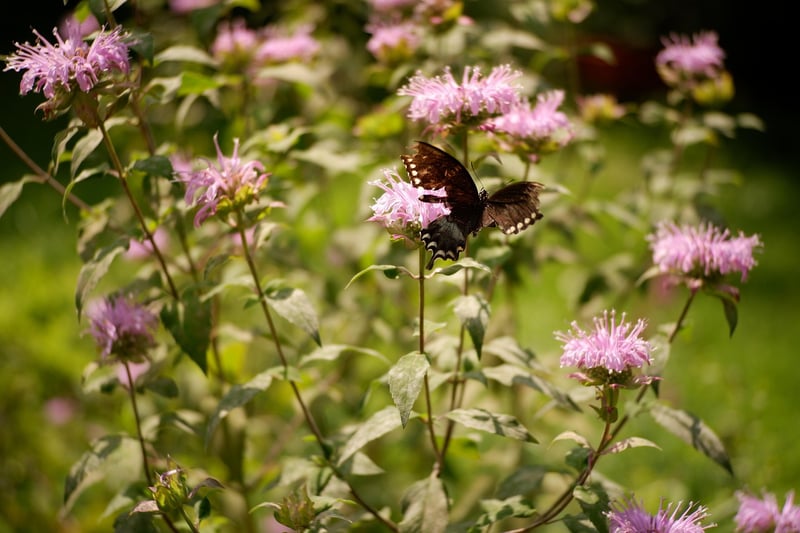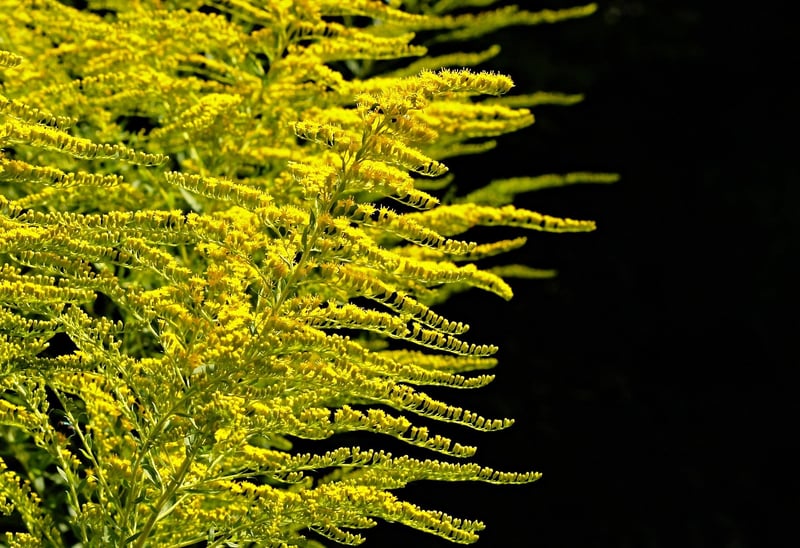Bee-Friendly Plants
Attracting Beneficial Insects with Bee-Friendly Plants
Beneficial insects play a crucial role in maintaining a healthy ecosystem by pollinating plants, controlling pests, and contributing to biodiversity. One way to attract these helpful insects, such as bees, butterflies, and ladybugs, is by planting bee-friendly plants in your garden or yard.
Why Attracting Beneficial Insects is Important
Beneficial insects are essential for pollinating flowering plants, including many fruits and vegetables. By attracting these insects to your garden, you can increase pollination rates, leading to better crop yields. Additionally, beneficial insects help control pest populations naturally, reducing the need for harmful pesticides.
Bee-Friendly Plants to Consider
When choosing plants to attract beneficial insects, consider selecting varieties that are rich in nectar and pollen. Some popular bee-friendly plants include:
- Lavender: Known for its fragrant purple flowers, lavender attracts bees and butterflies while also adding a delightful scent to your garden.
- Sunflowers: These bright flowers are not only attractive to bees but also provide a good source of food with their abundant pollen.
- Wild Bergamot: Also called bee balm, this plant produces pink, red, or purple flowers that are highly attractive to bees and other pollinators.
Tips for Planting Bee-Friendly Gardens
Here are some tips to help you create a thriving bee-friendly garden:
- Plant a variety of flowering plants to provide food for different types of beneficial insects throughout the year.
- Avoid using pesticides and herbicides that can harm bees and other pollinators.
- Include plants with different flower shapes and colors to attract a diverse range of beneficial insects.
- Provide a water source, such as a shallow dish filled with pebbles, for beneficial insects to drink from.
Conclusion
By planting bee-friendly plants and creating a welcoming environment for beneficial insects in your garden, you can support pollination, reduce the need for chemical pesticides, and enjoy a more vibrant and diverse outdoor space.



References:
